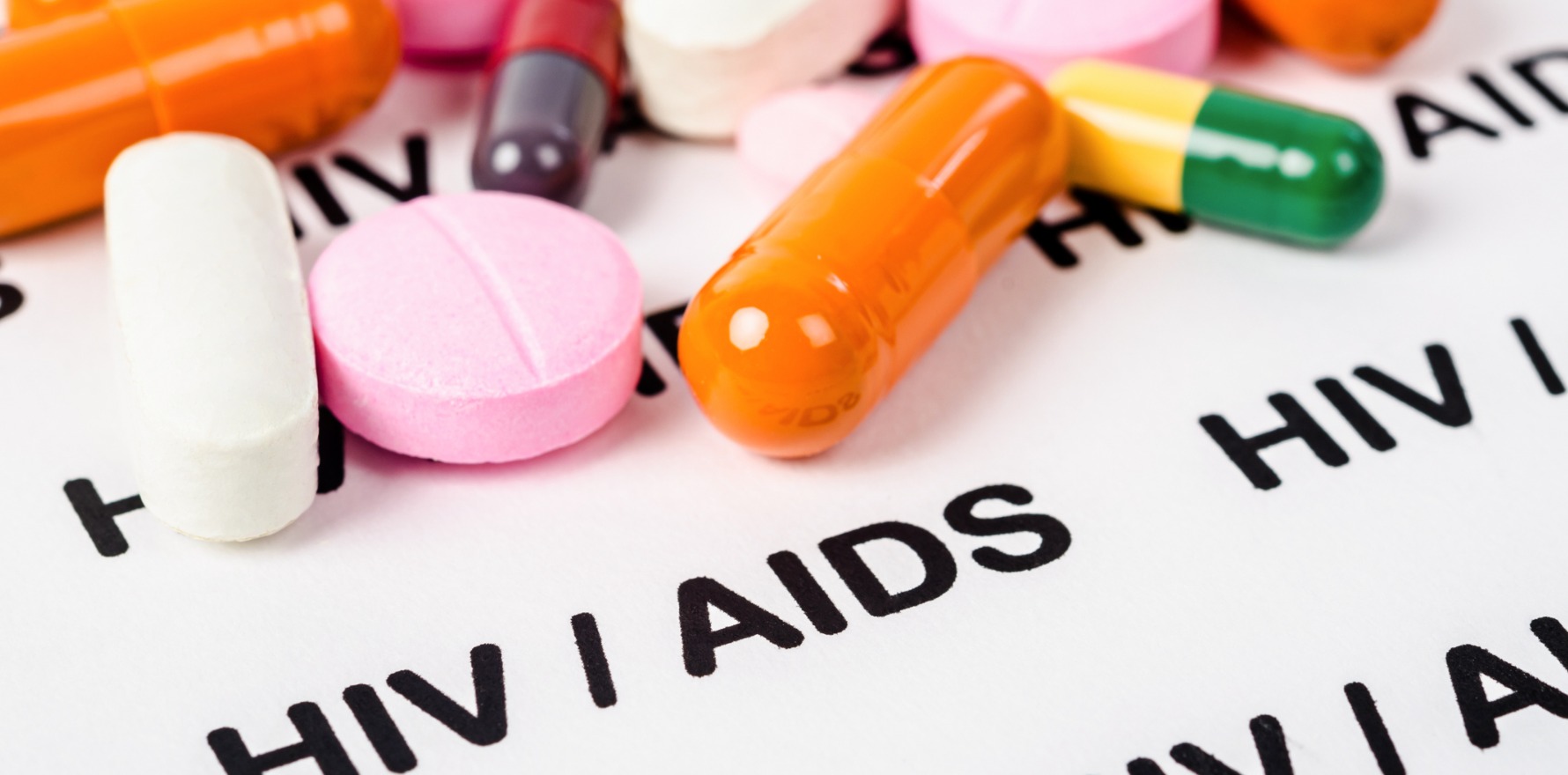Antiretroviral treatment is now free or subsidised for all patients in Australia, even those without Medicare access.
Changes to funding agreements for HIV medication should reduce the administrative burden for GPs, but they need to be aware of the arrangements, which vary across states, says the Australasian Society for HIV Medicine CEO Alexis Apostolellis.
All states and territories will now provide free or subsidised antiretroviral treatment for people with HIV who don’t have Medicare access as part of a national scheme backed by $39 million in federal funding.
There is no change to the provision of medication for patients with Medicare access.
“Our GPs have got a huge amount of work across multiple area so it’s important to highlight to them the changes to ensure that patients who don’t have Medicare access are aware of the clear pathways towards getting treatments at no or very little cost,” Mr Apostolellis told The Medical Republic.
This marks a substantial change from previous access pathways for people without Medicare, which involved industry-sponsored compassionate access.
“[GPs] used to have to contact a pharmaceutical company to access the compassionate access scheme. That involved a lot of paperwork and a lot of time for the GP, whereas all that has disappeared [with this new scheme],” Mr Apostolellis said.
“It’s continuous, [GPs] don’t have to go back in three months’ time to the pharmaceutical company and say ‘this patient is still under my care’ and repeat the process,” he said.
The subsidies will not cover pre- or post-exposure prophylaxis (PrEP or PEP), only antiretroviral treatment.
The price and collection requirements for the subsidised treatments vary state-by-state.
“The Commonwealth is essentially funding the costs of those medications, and they’re looking for state partnership in terms of picking up some of the costs around treatments and care.
“All of the states seem to have a system in place where if a patient is rural or remote, they can still access care. [Some are] even looking at postal systems for access to medications if [patients] are very far away from the hospital.”
For most states, prescribers are required to be s100 accredited. According to the Australasian Society for HIV Medicine, there are currently less that 350 HIV s100 prescribers working in general practice or in a community setting.
Below is a state-by-state guide to the cost, supply and prescriber regulation for HIV antiretroviral treatment for patients without Medicare.
Australian Capital Territory
- Treatment will continue to be free.
- Medication supplied through this scheme must be collected through the Canberra Hospital pharmacy.
- Prescriptions must continue to be written by an accredited s100 prescriber.
New South Wales
- Treatment is free.
- Access is through public hospital pharmacies. Ideally patients should return to the same hospital to pick up prescriptions and call ahead to confirm supply.
- Prescriptions must continue to be written by an accredited s100 prescriber.
Northern Territory
- Treatment is free.
- Access is through hospital pharmacies or Clinic 34.
- Treatment must be prescribed by an accredited s100 prescriber.
Queensland
- HIV treatment will cost $30 for 60-day supply until 3 October 2023, after which point treatment will be free.
- Federally subsidised treatment must be collected through Queensland Health hospital pharmacies.
- Treatment must be prescribed by a Queensland Health physician who is authorized to prescribe HIV medication.
South Australia
- Treatment remains free.
- Access is through SA Health pharmacies. Alternative arrangements for access can be discussed with the Royal Adelaide Hospital Infectious Diseases Unit.
- Prescribers will not change.
Tasmania
- Treatment is free.
- Access is through government-funded hospital pharmacies. Alternative arrangements for access can be discussed with Sexual Health Services Tasmania.
- Treatment must be prescribed by an accredited s100 prescriber, or Sexual Health Services Tasmania clinics (Clinic 23, 34 or 60).
Victoria
- A co-payment may be charged at the discretion of the hospital.
- Access is through hospital outpatient pharmacies. Alternative arrangements must be discussed with the prescriber or pharmacy.
- HIV treatment must continue to be prescribed by an accredited s100 prescriber.
Western Australia
- Treatment is free.
- Access remains via public hospital pharmacies. Alternative arrangements must be discussed with the prescriber or pharmacy. Regional/remote delivery/local pick up will continue as previously arranged.
- Prescriptions must still be written by a hospital prescriber/sexual health clinic prescriber.
Mr Apostolellis said that records will remain private and confidential – only the number of patients receiving prescriptions will be passed to the federal government.
“The federal government does not see a single name. This is important from a confidentiality perspective, particularly for somebody looking for a visa and looking into staying in Australia,” he said.
According to Mr Apostolellis, “these new arrangements will increase access to treatment for hundreds of people with HIV in Australia – a significant step towards achieving Australia’s goal of ending HIV transmission by 2030.”
More information on prescribing and access to HIV treatments can be found on the ASHM website, as well as other resources and training programs.





